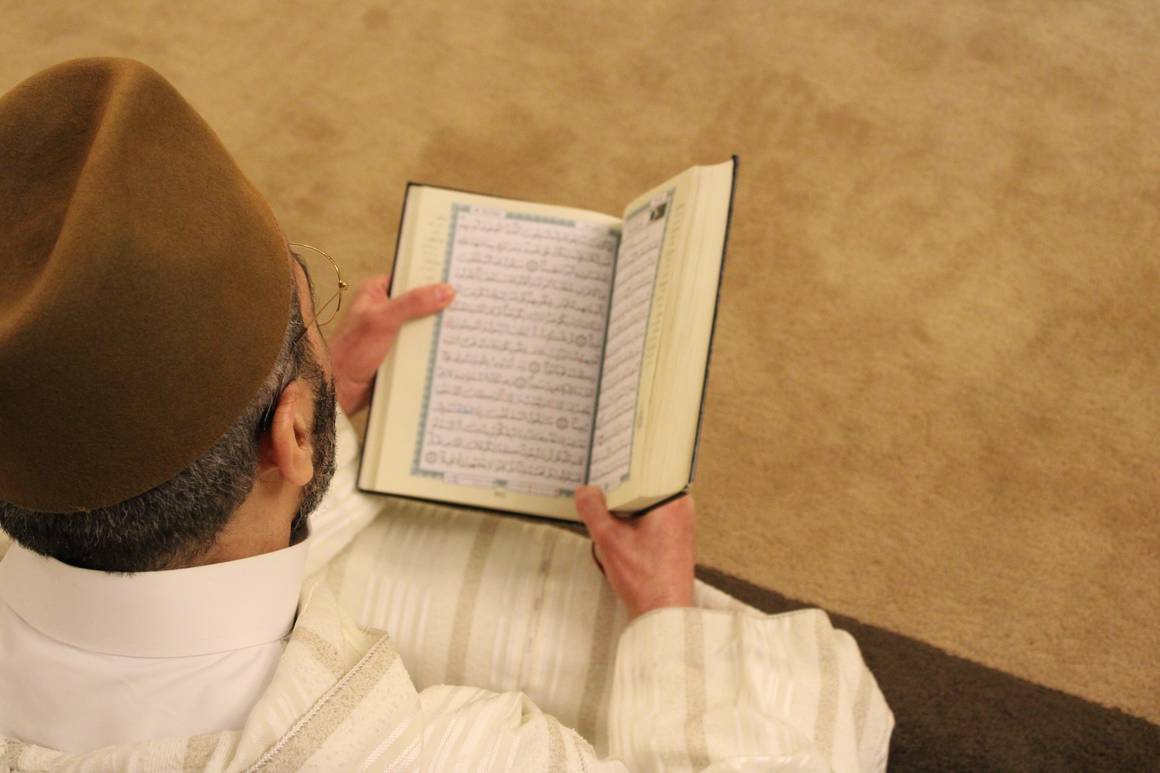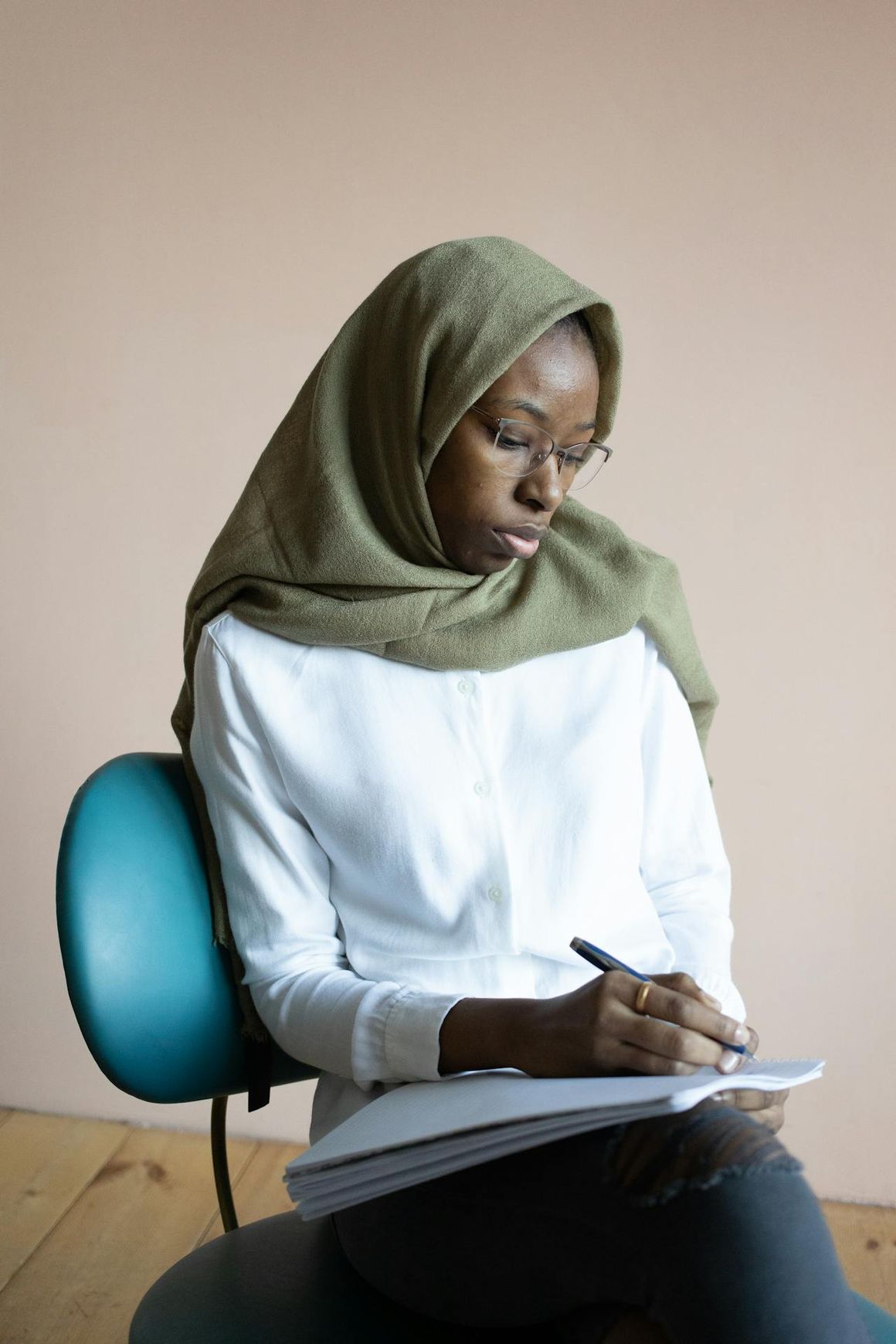Daughters are often seen as a blessing from Allah in Muslim culture. They are believed to bring compassion, kindness, and mercy to the families they are born into.
This view is rooted in Islamic teachings and literature, which hold that daughters should be cherished and respected.
In the Quran, it is stated that men and women are equal in the eyes of Allah, and both have the same potential for righteousness and salvation. This is emphasized in the hadith, or sayings of the Prophet Muhammad (pbuh), where it is said that whoever raises two daughters or more until they reach adulthood will be granted entrance to Paradise.
In many Muslim societies, having a daughter is seen as a sign of good fortune and a cause for celebration. Daughters are often treated with love and affection, and are given a strong sense of family values and traditions. They are also often given a good education, and encouraged to pursue their goals and aspirations.
However, despite the positive view of daughters in Muslim culture, there are still some instances of discrimination and inequality. In some cases, daughters may not be given the same opportunities as sons, or may not be treated with the same respect and dignity. This is not in line with Islamic teachings and should be discouraged.
Daughters are also seen as a source of peace to their fathers in Muslim culture.
They are believed to bring a sense of calm and tranquility to the family they are born into. This view is rooted in Islamic teachings and literature, which hold that daughters should be cherished and respected.
Prophet Muhammad (pbuh) loved his daughters, it is reported by Aisha (RA):
I have not seen anyone more closely resemble the disposition, mannerism, and characteristics of the Messenger of Allah, peace and blessings be upon him, than his daughter Fatimah, may Allah honour her countenance. If she entered his home, the Prophet would stand for her, take her by the hand, kiss her, and seat her in his place. If the Prophet entered her home, she would stand for him, take him by the hand, kiss him, and seat him in her place.Aisha (RA)
In many Muslim societies, following Prophet Muhammad's examples, daughters are treated with love and affection, and are given a strong sense of family values and traditions. They are also often given a good education and encouraged to pursue their goals and aspirations. Daughters are an integral part of the family and their presence brings joy and contentment in the household.
Daughters can be a source of peace to their fathers in many ways.
Daughters can be a source of peace to their fathers in many ways. They can be a source of comfort, someone to talk to and confide in, and a reminder of the beauty of life. They can also be a reminder of the responsibilities and duties of fatherhood, and of the importance of providing for and protecting one's family.
Islam views daughters as a blessing and a source of joy for families. Islamic teachings and literature hold that daughters should be cherished and respected, and given the same opportunities and rights as sons.
There are several verses in the Quran that highlight the importance of treating daughters with kindness and compassion, such as:
And when one of them is informed of [the birth of] a female, his face becomes dark, and he suppresses grief. He hides himself from the people because of the ill of which he has been informed. Should he keep it in humiliation or bury it in the ground? Unquestionably, evil is what they decide.Quran 16:58-59
Islam is one of the first religions to condemn the practice of girl infanticide, which is the act of killing female infants.
This practice was prevalent in some pre-Islamic societies, but Islam strongly condemned it and advocated for the equal treatment of all children, regardless of their gender.
In the Quran, there are several verses that emphasize the sanctity of human life and the importance of treating all children with compassion and kindness. For example, it states
And when the girl [who was] buried alive is asked - For what sin she was killed - A soul will [then] know what it has brought [with it].Quran 81:8-9-14
And do not kill your children for fear of poverty. We provide for them and for you. Indeed, their killing is ever a great sin.Quran 17:31
These verses emphasize that killing children is a grave sin and that Allah is The Provider.Prophet Muhammad (pbuh) also strongly condemned the practice of girl infanticide. He said
whoever has a female child, and does not bury her alive, or slight her, or prefer his male children to her, God will bring him into ParadiseProphet Muhammad
Unfortunately girl infanticide, is still a problem in some parts of the world. According to UNICEF, an estimated 200 million girls are "missing" due to gender-based discrimination, which includes infanticide, sex-selective abortion, and neglect.
Girl infanticide is most prevalent in countries where there is a strong preference for sons and where the birth of a girl is seen as a burden. It is particularly common in countries where there is a lack of legal protection for girls, and where gender discrimination is institutionalized and deeply ingrained in the culture.
Countries where the practice of girl infanticide is most prevalent include:
- India and China: These countries have a long history of gender discrimination and a strong preference for sons, which has led to widespread female infanticide and sex-selective abortion.
- Pakistan and Bangladesh: These countries have similar cultural and societal biases against girls.
- North Korea: The state-controlled society practices eugenics, and it is reported that female infanticide and forced abortion of female fetuses are conducted in the country.
It's important to note that many countries have laws that prohibit female infanticide, but in some cases, these laws are not enforced or are difficult to enforce. Additionally, many people who practice infanticide do so secretly, making it difficult to measure the true extent of the problem.
Why are daughters held in such high regards in Islam?
Daughters are held in high regard in Islam for several reasons. Some of the main reasons include:
- 1The sanctity of human life: The Quran emphasizes the sanctity of human life and the importance of treating all children with compassion and kindness. Daughters are seen as a gift from Allah, and as such, they should be cherished and respected.
- 2Equality of men and women: Islam teaches that men and women are equal in the eyes of Allah and should be treated with fairness and justice. There are several verses in the Quran that highlight the importance of treating daughters with kindness and compassion, and they should be given the same opportunities and rights as sons.
- 3The love and respect of Prophet Muhammad: The Prophet Muhammad (pbuh) had many daughters and he loved and respected them very much. He is a role model for Muslims, and his example encourages people to be kind and respectful to daughters.
- 4Empowerment of girls: Islam encourages the education and empowerment of girls, many Islamic scholars and leaders have been advocating for the rights of girls and women throughout history. They believe that giving girls equal opportunities and education is a key way to break the cycle of poverty, oppression, and discrimination against women.
- 5Reward in afterlife: According to Islamic teachings, those who raise their daughters well and treat them with kindness and compassion will be rewarded in the afterlife.
Islam views daughters as a means of salvation and a door to Paradise for their fathers because they are considered a source of blessings, compassion and mercy.
May Allah protect and bless my and all daughters around the world. I am a better human being because of my daughter and I will always be grateful to her for giving me the honour of being in her life.


